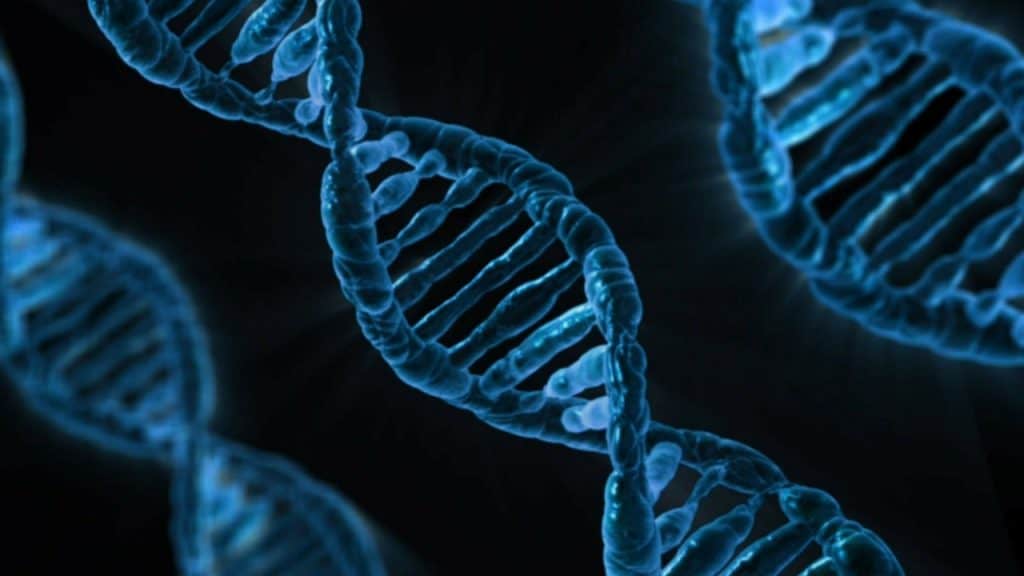
Harvard researchers target specific cells with gene therapy
pharmafile | November 9, 2021 | News story | Manufacturing and Production |
A new technique to turn therapeutic genes on in specifically targeted cells has been developed, a potential game-changer in the future of gene therapies. This opens the doors to powerful therapeutic applications.
The group included researchers from Harvard and MIT, and was able to detect specific RNA sequences inside target cells and ‘turn on’ an artificial gene, known as a transgene, in those cells in order to produce a desired protein.
Senior author, Professor James Collins from MIT’s Biological Engineering, said: “This brings new control circuitry to the emerging field of RNA therapeutics, opening up the next generation of RNA therapeutics that could be designed to turn on in a cell-specific or tissue-specific way”
Some forms of gene therapy rely on the introduction of genetic material or transgenes into human cells, to substitute defective or missing genes. This has advanced rapidly in recent years, but can produce adverse effects when expressed in the wrong place. Researchers therefore investigated means to limit the changes to specific cell types. This increases the specificity of gene therapy and reduces off-target effects.
The team has successfully tested the system in yeast, plant, and human cells so far.
“RNA accounts for many of the differences within a cell, so it’s the most programmable part of the central dogma – DNA to RNA protein – where you start to see drastic differences between different cells in your body,” Evan M Zhao, a postdoctoral fellow at the Wyss Institute for Biologically Inspired Engineering and co-lead author of the paper, stated. “So even though the muscle cell or a skin cell has drastically different protein sequences and RNA, the DNA is the exact same.”
Ana Ovey








